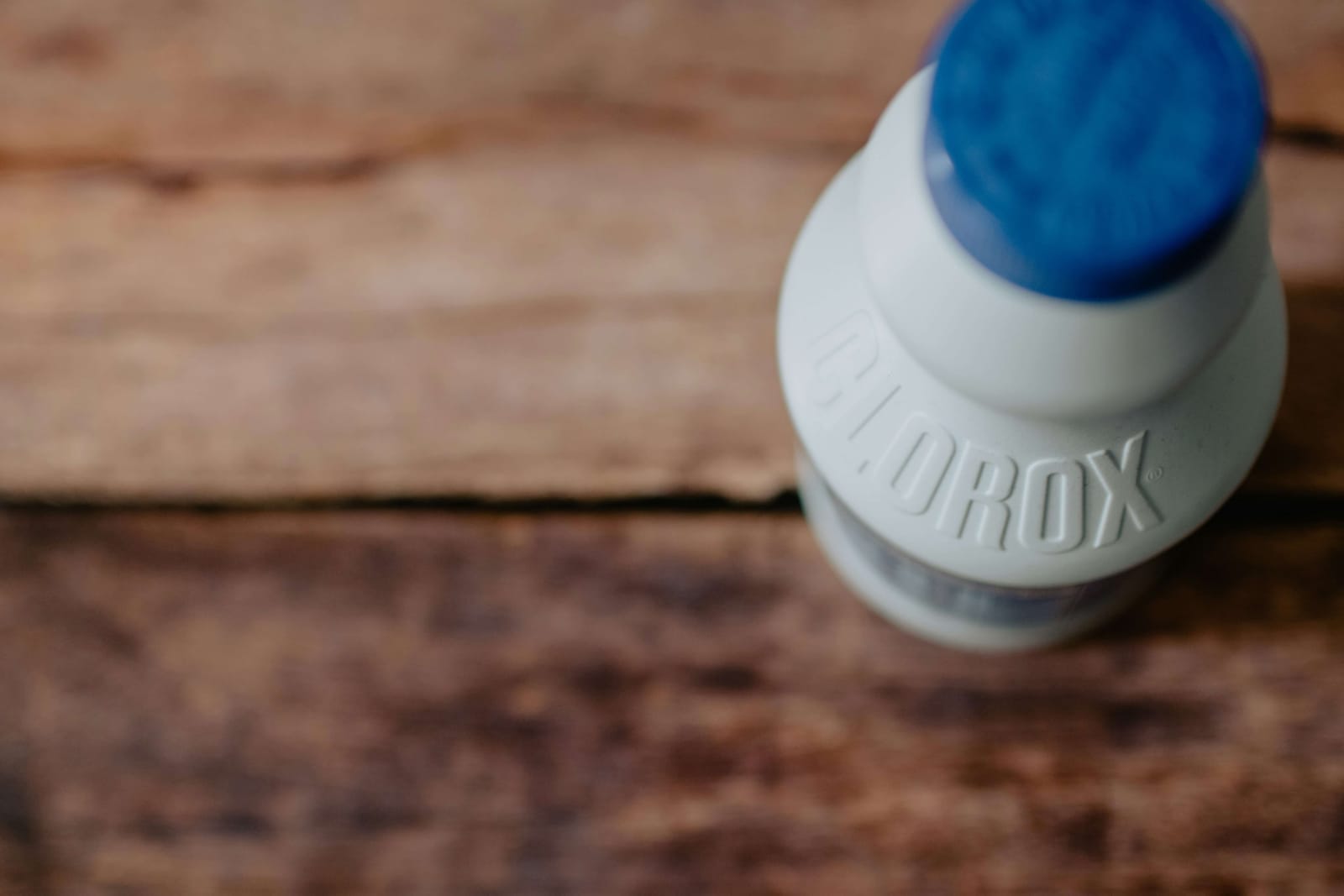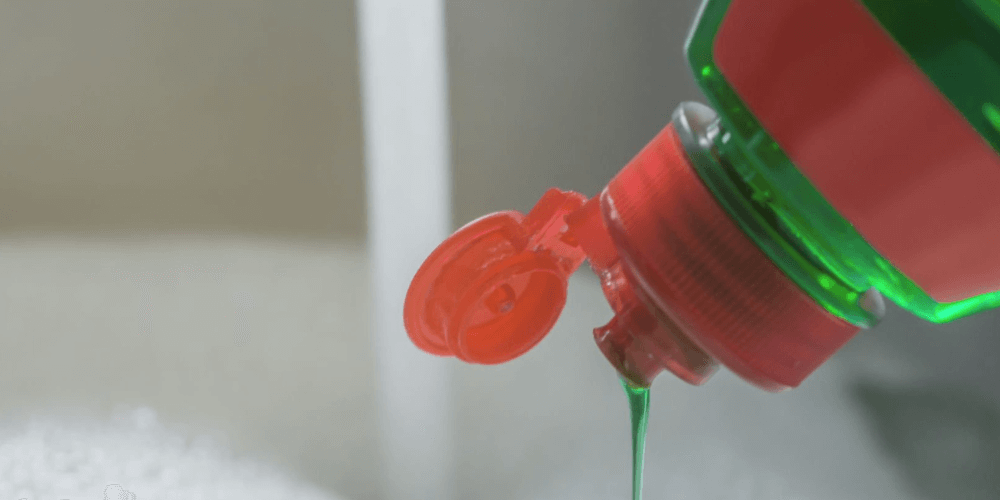Mixing cleaning products may seem like a way to boost their effectiveness, but some combinations can be dangerous—even deadly. One of the most common questions people ask is: Can you mix dish soap with bleach? The short answer is no, and here’s why.
Why You Should NEVER Mix Dish Soap with Bleach
Many dish soaps contain ammonia-derived compounds or other additives that react with bleach to create toxic gases. This combination can produce chloramine gas, which can cause:
❌ Irritation to eyes, nose, and throat
❌ Breathing difficulties
❌ Potential long-term lung damage
Some dish soaps may also contain surfactants or fragrances that react unpredictably with bleach, increasing the risk of harmful fumes.
What Happens When Dish Soap and Bleach Mix?
- Chlorine gas or chloramine gas forms, depending on the dish soap’s ingredients.
- The reaction releases toxic fumes that can cause nausea, dizziness, coughing, and difficulty breathing.
- If inhaled in high concentrations, it can lead to serious respiratory issues or hospitalization.
Safe Cleaning Alternatives
Instead of mixing dish soap and bleach, try these safer alternatives:
✅ For Disinfecting: Use bleach with plain water—never add soap or other chemicals.
✅ For Degreasing Dishes: Use a high-quality dishwashing liquid with hot water.
✅ For Mold Removal: Mix baking soda and vinegar instead of bleach for a non-toxic cleaner.
How to Safely Use Bleach and Dish Soap Separately
If you need to use both bleach and dish soap, use them one at a time, and rinse thoroughly between applications:
1️⃣ Wash dishes with dish soap first and rinse with plenty of water.
2️⃣ If needed, disinfect separately by soaking in a bleach-and-water solution (1 tablespoon of bleach per gallon of water).
3️⃣ Never mix them in the same container—always rinse surfaces thoroughly between uses.
FAQ Section
Can dish soap and bleach mix if highly diluted?
No. Even in small amounts, bleach mixed with certain chemicals in dish soap can produce toxic fumes.
Are all dish soaps unsafe to mix with bleach?
Most commercial dishwashing liquids contain surfactants, perfumes, or other additives that react with bleach. Unless explicitly labeled "safe to mix with bleach," avoid combining them.
What should I do if I accidentally mix bleach and dish soap?
Immediately:
✔ Leave the area and get fresh air
✔ Open windows and ventilate the space
✔ Seek medical help if you experience breathing difficulties
Can I use bleach to clean dishes after washing with dish soap?
Yes, but rinse dishes thoroughly first to remove all traces of soap before using a bleach solution.
What About Other Cleaners Like Hydrogen Peroxide?
If you're looking for an alternative to bleach, hydrogen peroxide is a great option for disinfecting surfaces. However, like bleach, it should never be mixed with other chemicals, especially ammonia-based cleaners. Combining hydrogen peroxide with vinegar, for example, creates peracetic acid, which can be irritating to the skin and lungs.
Is Dawn Dish Soap Safe to Mix with Bleach?
Many people assume that Dawn dish soap is safe to mix with bleach because it's a popular and trusted brand. However, like most dish soaps, it contains surfactants and other ingredients that could react with bleach. Unless a bottle of dish soap explicitly states that it's bleach-safe, it's best to avoid mixing them.
Why Does Bleach Foam When Mixed With Certain Substances?
Bleach, particularly chlorine bleach, contains sodium hypochlorite, which can create foam when it reacts with other substances, especially acids or ammonia-based compounds. This foaming reaction is not just cosmetic—it can indicate the release of toxic gases. For example, mixing bleach with vinegar or an acidic cleaner can create chlorine gas, which is highly dangerous.
What Are the Symptoms of Bleach Exposure?
Accidentally inhaling bleach fumes can cause symptoms ranging from mild irritation to severe health risks. Exposure may lead to watery eyes, chest pain, coughing, and difficulty breathing. If you experience any of these, move to fresh air immediately and seek medical attention if symptoms persist.
Final Thoughts
Mixing dish soap and bleach is dangerous and should always be avoided. Instead, use safer cleaning alternatives or apply them separately with thorough rinsing in between. By following proper safety guidelines, you can clean effectively without exposing yourself to harmful fumes.
When in doubt, stick to proven safe cleaning practices—and keep bleach and dish soap far apart!



